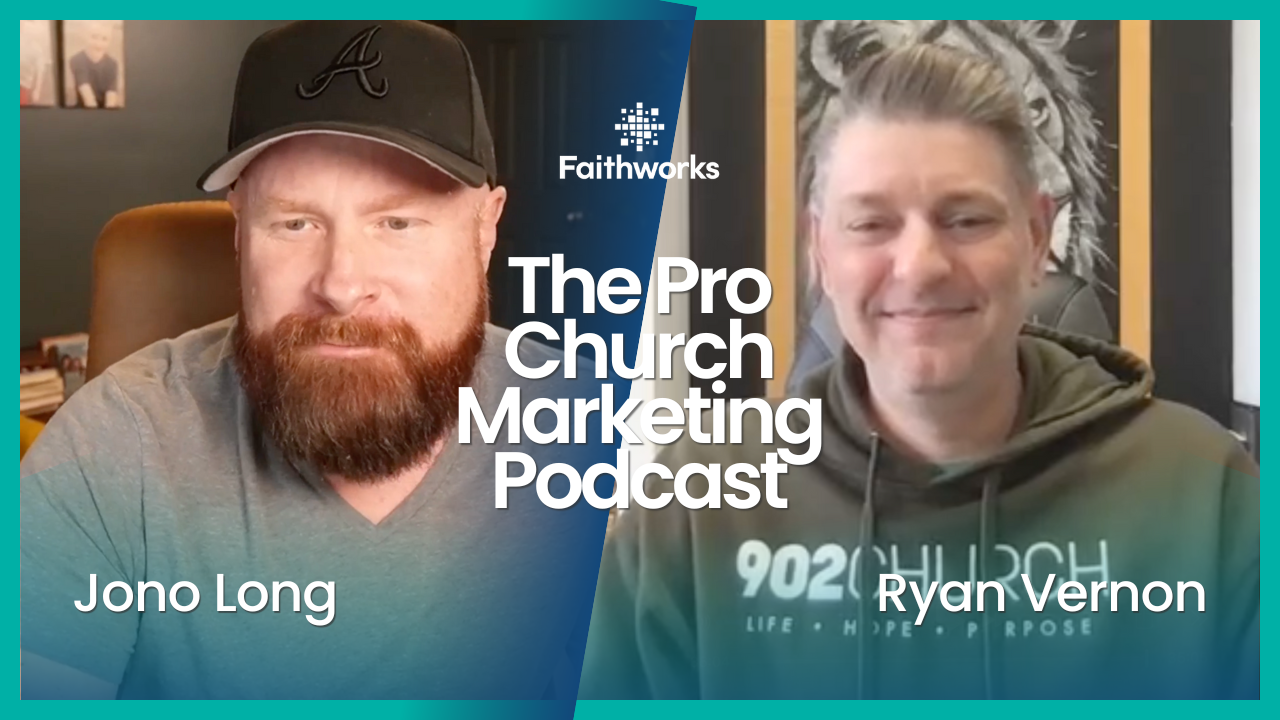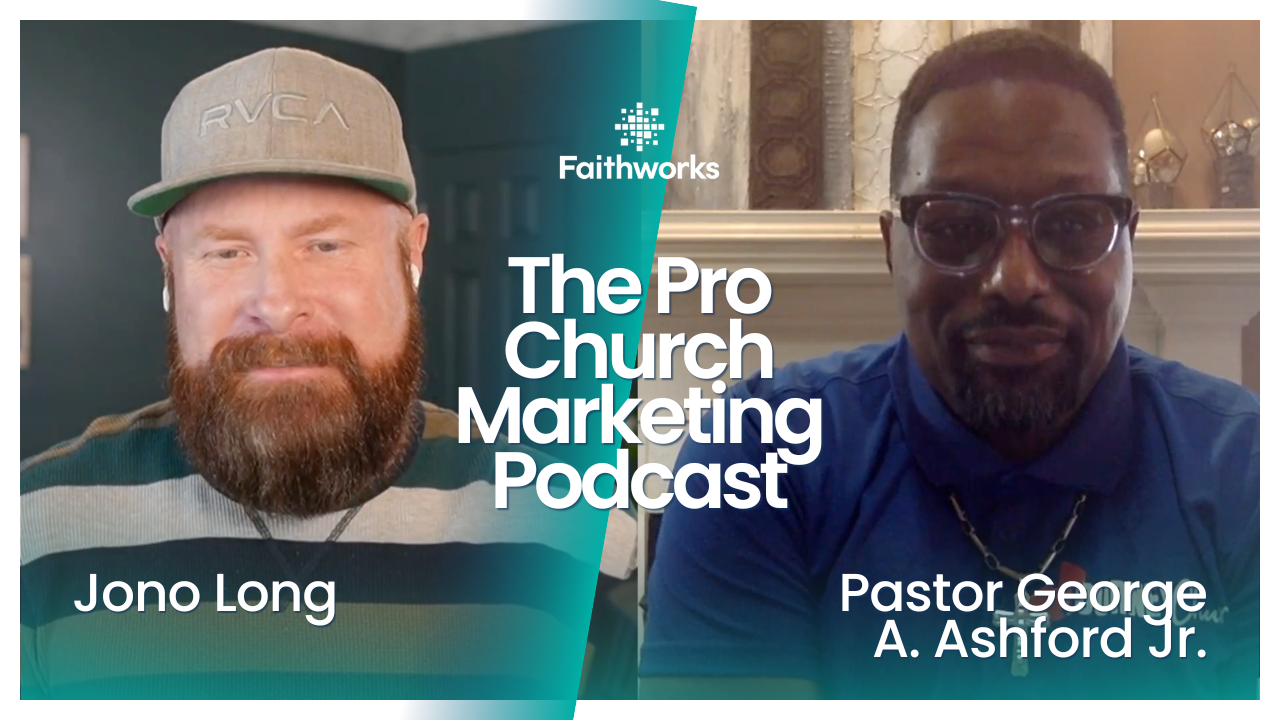The Guide to Creating a Digital Marketing for Your Church
In today's technology-driven world, digital marketing has become essential for businesses and organizations to reach their target audience. Churches are no exception to this trend, and they need to embrace digital marketing strategies to stay relevant and engage with their members and the broader community. In this article, we explore various digital marketing techniques churches can use to promote their message, attract new members, and stay connected with their existing congregation.
The Importance of Digital Marketing for Churches
In the past, churches relied on traditional methods to spread their message, such as word of mouth, flyers, and posters. However, more than these methods are needed in the digital age to reach a broader audience. Churches must adopt digital marketing strategies to remain relevant and engage with younger generations. Digital marketing provides churches with a cost-effective way to promote their message and connect with their members and the broader community.
Creating a Church Website
The first step in digital marketing for churches is to create a website. A church website is a central hub for all information related to the church, such as service times, events, and news. It also provides an avenue for members and visitors to connect with the church and learn more about its mission and values. When creating a website, it's essential to ensure that it's user-friendly, loads quickly, and is optimized for search engines.
Search Engine Optimization (SEO)
Once a church website is up and running, optimizing it for search engines is next. Search engine optimization (SEO) is the process of improving the visibility of a website on search engines such as Google. By optimizing a website for search engines, churches can increase their visibility and attract more visitors to their site. Some SEO techniques include optimizing website content with relevant keywords, improving website speed, and building backlinks to the website.
Social Media Marketing
Social media has become a powerful tool for digital marketing, and churches can use it to connect with their members and the broader community. Social media platforms such as Facebook, Twitter, and Instagram allow churches to share news, events, and other updates with their followers. Social media also provides an opportunity for churches to engage with their followers and receive feedback. Churches can use social media to create a digital community, share inspiring messages, and promote their message to a broader audience.
Write a Blog
By creating a blog, churches can share inspirational stories, provide spiritual guidance, and keep their members informed about upcoming events and activities. A church blog can also serve as a platform for community outreach, providing a space for members to share their personal experiences and engage with others. Whether your church is big or small, a blog is an excellent way to build relationships, foster community, and spread the gospel message.
Conclusion
In conclusion, digital marketing is critical for churches to spread their message and connect with their members and the broader community. By creating a website, optimizing it for search engines, using social media, and engaging in blog posts, churches can reach a broader audience and stay relevant in today's digital age. Churches that embrace digital marketing will be better positioned to attract new members, engage with their existing congregation, and promote their message to a broader audience.
Faithworks Marketing specializes in building and managing websites for non-profits and churches across the US, helping you attract more visitors to your site and, ultimately, to your physical location. To get started on your
digital marketing for churches, contact us today.

Latest Posts




© 2025 All Rights Reserved | Faithworks Marketing







